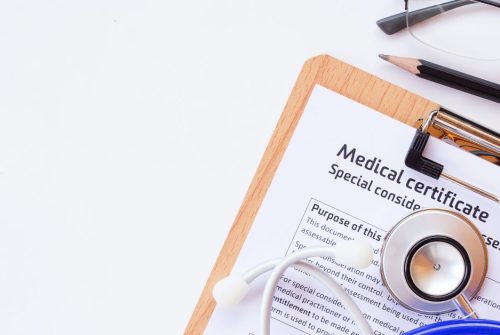
The electric toothbrush is at the forefront of a big change that has recently taken place in the field of oral hygiene. The electric toothbrush has swiftly acquired popularity and established itself as a standard in dental care routines all over the world thanks to its cutting-edge technology and wealth of advantages.
The simplicity of use that electric toothbrushes provide is a major advantage. Electric toothbrushes do most of the work for you, as opposed to manual toothbrushes, which demand manual dexterity and exact brushing techniques. The bristles of the brush pulse or rotate, easily navigating around the mouth to reach those challenging spots. However, knowing how to use the electric toothbrush is crucial, and the dental care in Brookline assists perfectly in this.
The pros and cons of electric toothbrushes in detail:
Pros:
- Superior plaque removal:
Electric toothbrushes can remove more plaque than manual toothbrushes because they use quick oscillating, rotating, or sonic movements. An electric toothbrush’s bristles can clean more thoroughly and reach hard-to-reach places, lowering the risk of tooth decay, gum disease, and other oral health problems.
- The timer features:
Many electric toothbrushes have built-in timers to ensure users brush their teeth for the recommended two minutes. This function aids people in maintaining regular brushing intervals, improving dental hygiene, and decreasing the likelihood of insufficient brushing.
- Usefulness:
Electric toothbrushes take care of the majority of the work for you. Compared to manual toothbrushes, they require less manual dexterity and technique due to their automated actions. This qualifies them as especially suited for kids, people with limited mobility, and those who prefer a more effortless brushing experience.
- Pressure sensors:
Some electric toothbrush types include pressure sensors built in to warn consumers when they are brushing too vigorously. This encourages gentle and efficient brushing methods and helps minimize gum irritation and enamel degradation brought on by excessive pressure.
Cons:
- Cost:
Compared to manual toothbrushes, electric toothbrushes are typically more expensive. Even though they could cost more upfront, the ongoing expense of renewing the brush heads can still be reasonable and on par with manual toothbrushes.
- Power source dependence:
Electric toothbrushes are dependent on a power supply, which could be either a rechargeable battery or a set of disposable batteries. This implies that the toothbrush can become momentarily useless if the battery dies without access to energy. Maintaining a charged toothbrush or having spare batteries on hand is essential.
- Portability:
Electric toothbrushes are less portable and bulkier than manual toothbrushes. They may be less practical for use while traveling or on the go. Several electric toothbrushes now feature travel cases and compact designs to solve this issue.






